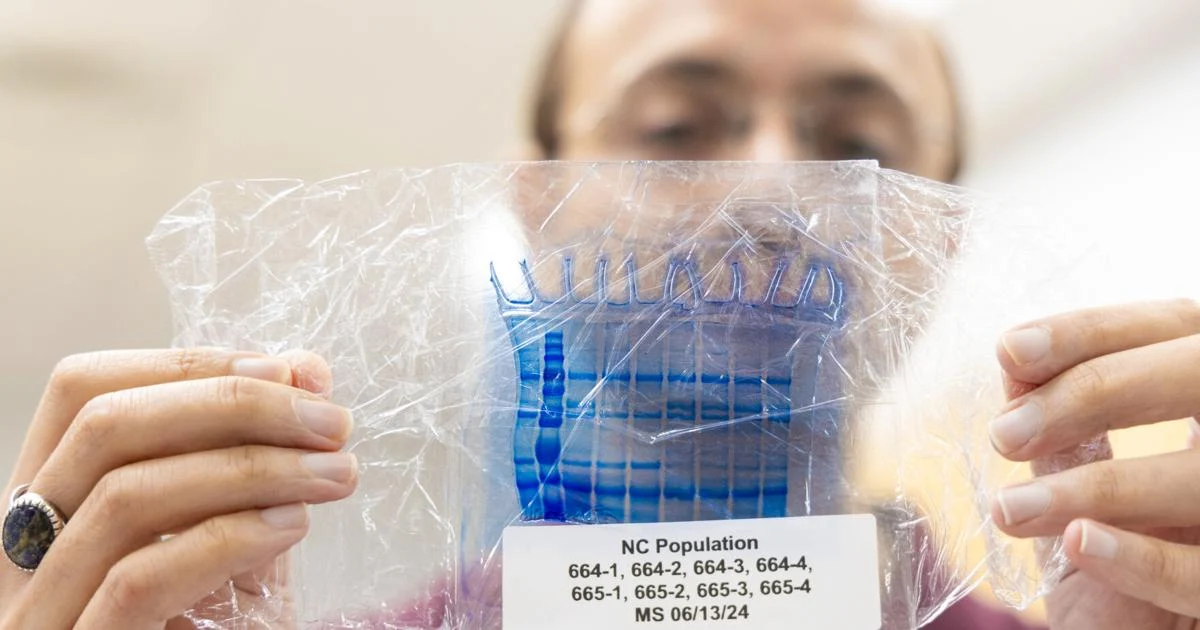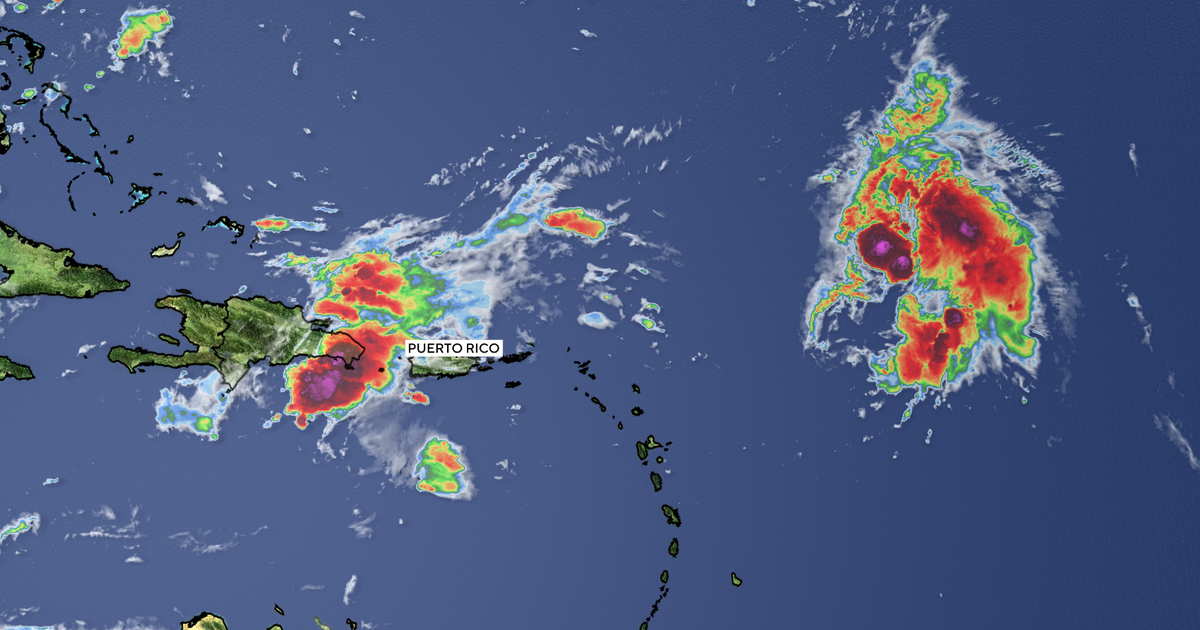
CLEMSON — South Carolina’s research universities are bearing some of the weight of the federal government’s shutdown this week.
Clemson and the University of South Carolina — which receive hundreds of millions of dollars in federal grant money annually — alerted research faculty in letters this week and last that research applications, travel related to federal agency work and payments to post-doc workers were among activities that could be disrupted.
Not affected: federally backed student loans.
Christine Mahoney, a spokesperson for the College of Charleston, said the loans — which cover tuition and other education-related expenses — make up the majority of federal activity at her school, which does not engage in the same level of research as USC or Clemson. The loans, which have already gone through, will not be affected, she said.
Study abroad also will not be affected — aside from possible delays at airports — because passport services, which are self-funded, will carry on, according to the State Department.
Funding for research, which typically arrives up front, also will not affect projects immediately, a Clemson spokesman said. Faculty running projects tied to federal dollars are advised to avoid large expenditures in the near future.
‘Shifting landscape’
At USC, researchers were encouraged to press forward with their “important work” despite this latest setback in a year “marked by shifts in the federal research landscape,” Julius Fridriksson, USC’s vice president for research, wrote in a Sept. 30 letter to research faculty.
That shifting landscape has included dropping diversity, equity and inclusion language in federal grant applications — language that previously was required — and enduring a 15 percent cap on indirect research costs, the latter of which is still in dispute.
The state’s three research universities, which include the Medical University of South Carolina, maintain close ties to multiple federal agencies.
Of all competitive research spending at Clemson — which has totaled $760 million since 2021 — 87 percent traces back to Washington, D.C. Meanwhile, USC took in $241 million in federal research funding during the 2024-25 fiscal year alone — a 39 percent increase over the past four years, according to a university release.
“Over the past decade, our federal expenditures — the gold standard for university research — has increased 170 percent,” Tanju Karanfil, Clemson’s senior vice president for research, wrote in a July research report.
Despite those gains, the federal government in 2025 dropped more than a dozen projects at Clemson with a combined value of $59 million, records show, including the Climate Smart Commodity program through the U.S. Department of Agriculture. The Ag project has a $52 million balance left in its grant and researchers are pushing to win that back from the U.S. Department of Agriculture, Karanfil wrote.
“Universities across the country face rapidly shifting federal policies that require close monitoring and careful planning,” Karanfil wrote. “My office continues to work closely with our colleagues in Governmental Affairs to express the value and importance of research activity occurring at Clemson.”
Shutdown’s immediate impact
Those feeling the sting of this week’s shutdown include:
National Science Foundation postdocs and fellows of other federal programs who are paid directly by sponsors. These people might not receive stipend payments until the shutdown has ended.
Faculty working on cooperative and/or intergovernmental agreements and joint awards, who are hearing directly from agencies if they are affected.
Faculty and staff serving on a review panel for an agency that is shut down. They were advised to cancel travel plans.
Recipients of new awards. These researchers likely will not hear from closed agencies during the shutdown.



